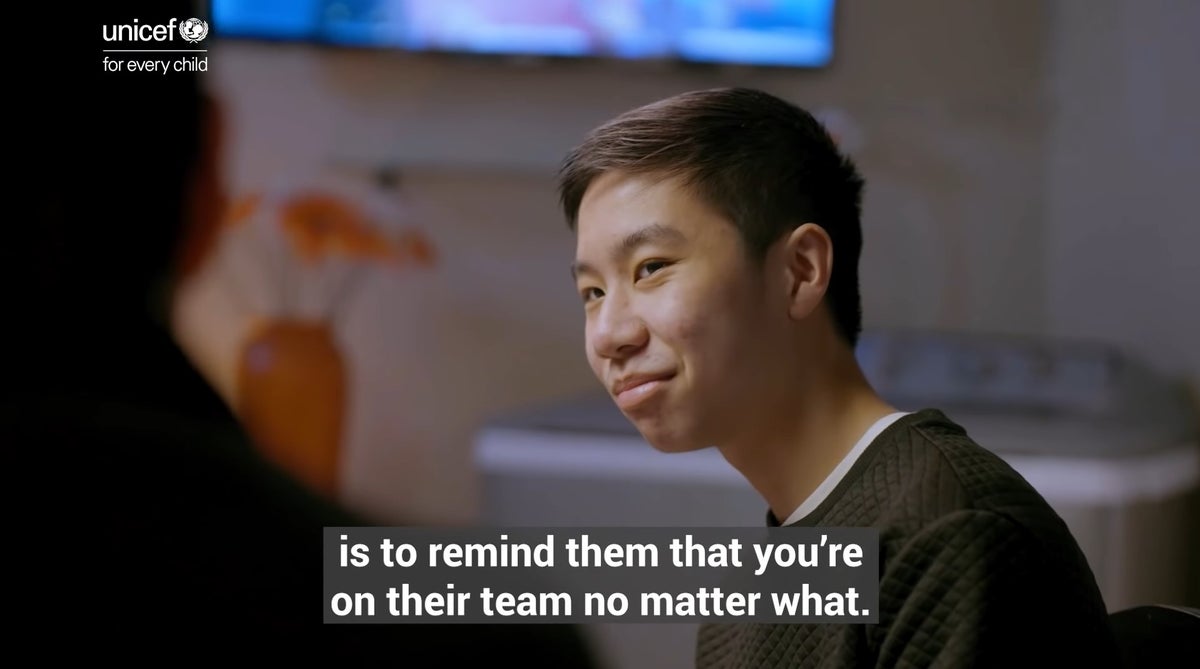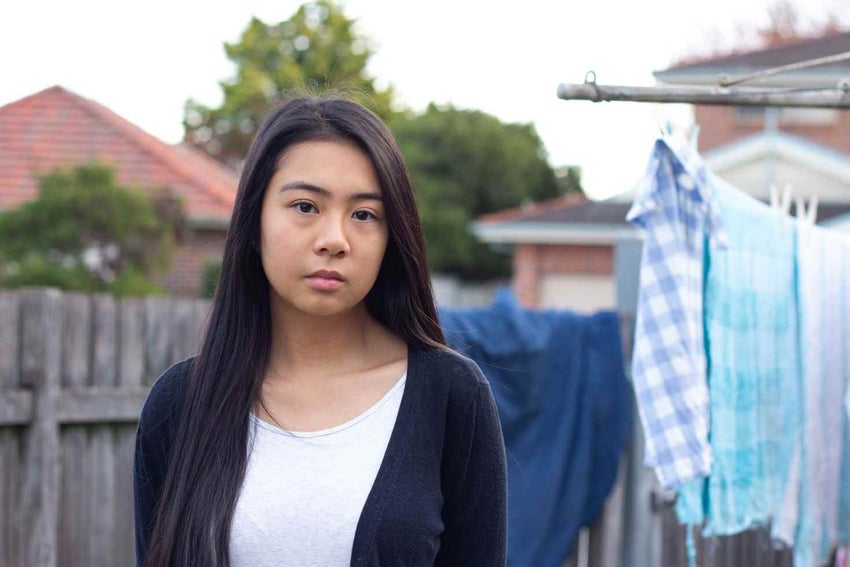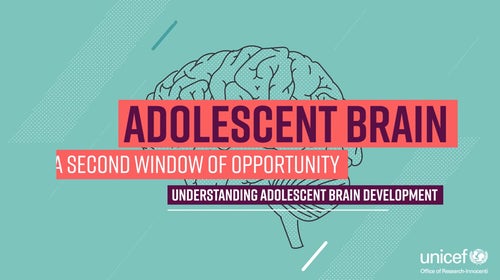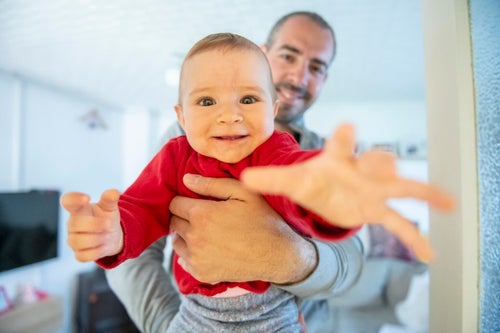Having a conversation is the first step to supporting young people as they navigate their mental wellbeing.
Just like adults, mental health in children and young people is not a fixed state. It is wide-ranging and can flip from being positive to struggling (and everything in between), and it can even be a mishmash of emotions all at once.
As young people navigate the emotional roller-coaster that goes hand-in-hand with their changing world, as the adults in their lives, we need to equip ourselves with the tools to help them cope, adapt, and grow. And it all starts with age-appropriate conversations.
Quick link: Teacher Resources
How to talk to your kids about mental health
Supporting young people in
11 strategies for supporting young people’s mental wellbeing
Start a conversation
Talk to the young people in your life and learn from them what the common challenges are as they grow and develop.
Seek experiences
Seek experiences for young people that build on their strengths – what are some of the things which make them happy?
It's ok to make mistakes
Let young people try new things and allow them to learn from their mistakes.
Engage with their learning
Be actively engaged with their learning journey at school.
Know their friends
Get to know their social circles and who their close friends are.
Show up and support them
Help young people learn how to manage their feelings by being there and supporting them. Let them talk and it's OK to not have the answers for them – sometimes they just need someone to listen.
Set boundaries
Establish clear boundaries and be consistent with them.
Encourage mentor relationships
Encourage young people to build relationships with trusted adult mentors.
Conflict management skills
Role model and teach conflict management skills.
Regularly touch base
Reach out to them regularly and let them know that you are available when they are ready to talk about something. They might not reach out immediately, but it's important to remind them that you're there.
Eat, sleep and exercise well
Encourage them to eat, sleep and exercise well as it can improve a young person’s mood, general health and wellbeing.
Seek professional help
Seek professional support when your young person needs extra help coping.

Need to talk?
Kids Helpline is a free and confidential 24/7 online and phone counselling service for people aged 5 to 25. They also have a comprehensive website that discusses all the issues children and young people face and offers a supportive space for parents and teachers to seek help.

















